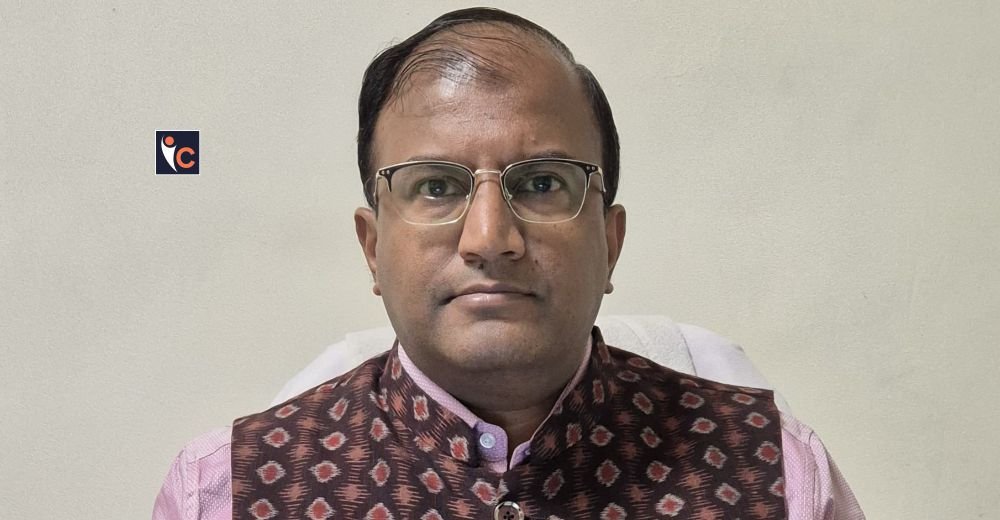Prime Highlights
- India is projected to experience over 1.6 million gastric cancer cases in people born during 2008–2017.
- Helicobacter pylori treatment and early detection avoid up to 75% of subsequent attacks.
Key Facts
- Over 15.6 million gastric cancer cases globally estimated in people born between 2008–2017.
- 76% of them due to H. pylori, a stomach infection that is asymptomatic yet widespread.
Key Background
A fresh landmark report by the World Health Organization (WHO) subsidiary International Agency for Research on Cancer (IARC) had an alarming figure: India will see over 1.65 million gastric cancer cases in the lifetime of those born between 2008 and 2017. It is part of an overall global figure of 15.6 million cases on a global scale from this birth cohort and is a dynamic public health burden within the next two decades.
The most probable explanation for this predictive rise is long-term infection with the Helicobacter pylori (H. pylori) bacterium infecting the stomach lining and contracted generally in childhood. The study states that 76% of future gastric cancer incidence is due to H. pylori. While an extremely minute fraction of those infected ever develop symptoms, the bacteria gradually kill the stomach and, if not treated, significantly increases the chances of ultimately developing cancer.
Asia is most likely to be most impacted, with a sum total of an estimated 10.6 million cases. Nearly 6.5 million of those exist in India and China alone, indicating the necessity of focused public health measures in the region. Gastric cancer is projected to rise because of population and enhanced longevity, if not addressed.
But there’s an answer for research too. Statistics from Japan and South Korea show mass screening for H. pylori can result in up to 75% decline of gastric cancers, if caught in time and eradicated. Specialists opine that India implement nation-wide screening, increase public awareness, and modify diet and lifestyle. Reducing salt, processed food, and smoked food and increasing vegetables and fruits can go a long way in reducing risks.
With a forward-looking preventive strategy, India can avoid a lot of this looming health disaster. Proper policy focus, investment in screening, and health education are the order of the day to reverse this trend.





